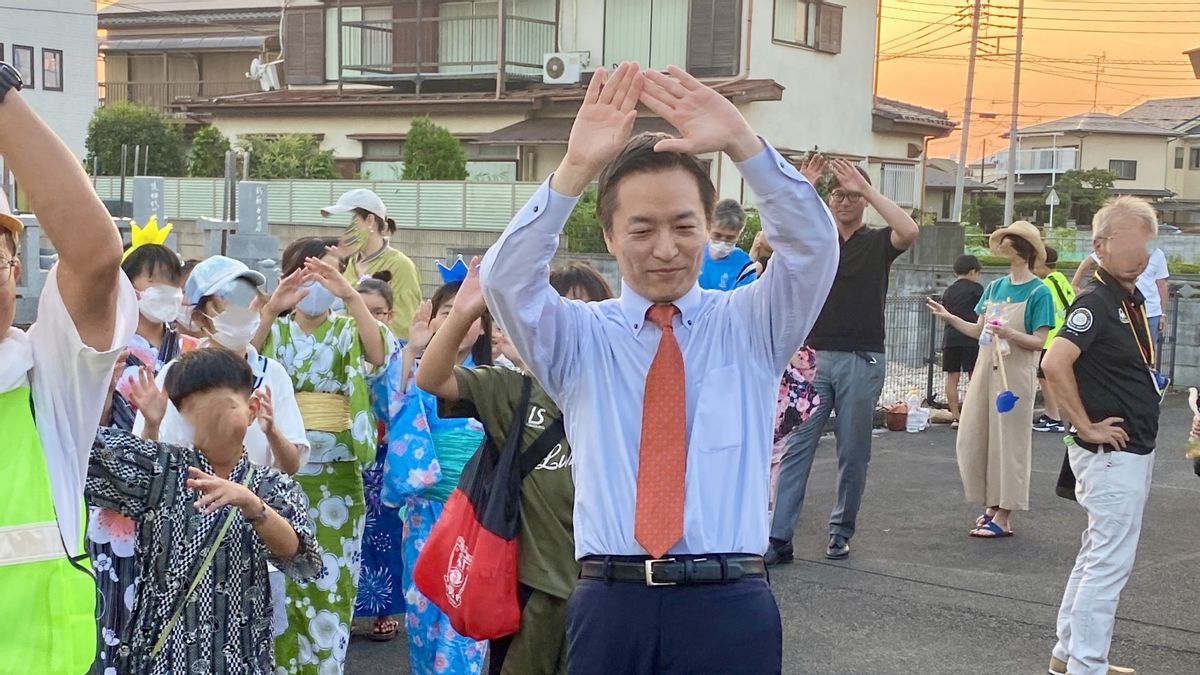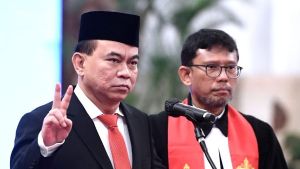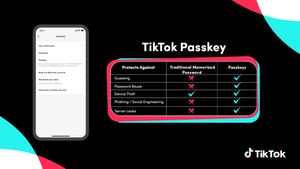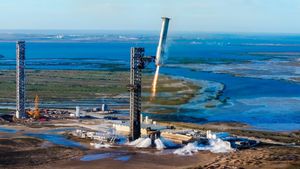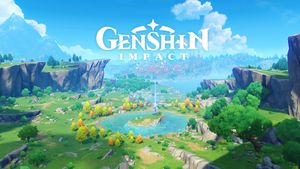Hidaki Murai, special adviser to Artificial Intelligence (AI) for Japanese Prime Minister Fumio Kishida, stated that the sunrise nation needs to immediately increase its computing power to compete for global leadership in artificial intelligence.
"The government's top priority is computing power. We feel a real crisis about it," said Murai, a member of the Liberal Democratic Party who also led the government's AI strategy team, in an interview with Reuters on Tuesday, July 18. "We want to create a foundation for the AI era," he added.
Japan, as the third-largest economic country in the world, is considered to have been slow in investing in this and underdeveloped United States in AI computer infrastructure. About 3,000 companies in Japan have access to supercomputers at the government's Institute of National Advanced Industry Science and Technology (AIST) that provides 0.8 exaflops of computing power.
This figure is only ten percent of the computing power accessed by Microsoft-backed OpenAI when creating the popular chatbot ChatGPT, according to Japan's Ministry of Commerce and Industry.
One exaflop is equivalent to 1 quintile - or 1,000,000,000,000,000,000 - calculations per second.
According to Murai, To overcome those shortcomings, Japan plans to increase computing power in AIST to 2.8 exaflops by the end of 2024, and provide subsidies to companies like Sakura Internet and SoftBank Corp to build supercomputers.
"The Japanese government can also provide data to train artificial intelligence, but will allow businesses to create the AI model expected by the Kishida administration to drive innovation," Murai, who likened the strategy to Japan's way of supporting Major League baseball superstar Shohei Ohtani.
اقرأ أيضا:
"Ten years ago, people probably wouldn't believe the idea of players like Ohtani playing in Major League and that's why we're working hard to create an environment that would allow someone like him to appear in the AI sector," he said.
As Japan considers the best way to take advantage of artificial intelligence, Japan and other members of the G7, industrial democracy, is looking for ways to reduce potential social and economic disruptions that may also be caused by AI.
"There may be differences in the thoughts and policies around AI among G7 countries, but we are working together to reduce the distance between those differences as much as possible," he said.
Japan is more likely to take on softer AI rules than the European Union, which has launched efforts to convince Asian countries to follow in its footsteps with strict requirements, including tech companies that must disclose copyrighted material used to generate AI content.
The European Union wants to make its AI Bill a global benchmark for this fast-growing technology, as is their data protection law that has helped form global privacy standards.
The English, Chinese, Japanese, Arabic, and French versions are automatically generated by the AI. So there may still be inaccuracies in translating, please always see Indonesian as our main language. (system supported by DigitalSiber.id)
